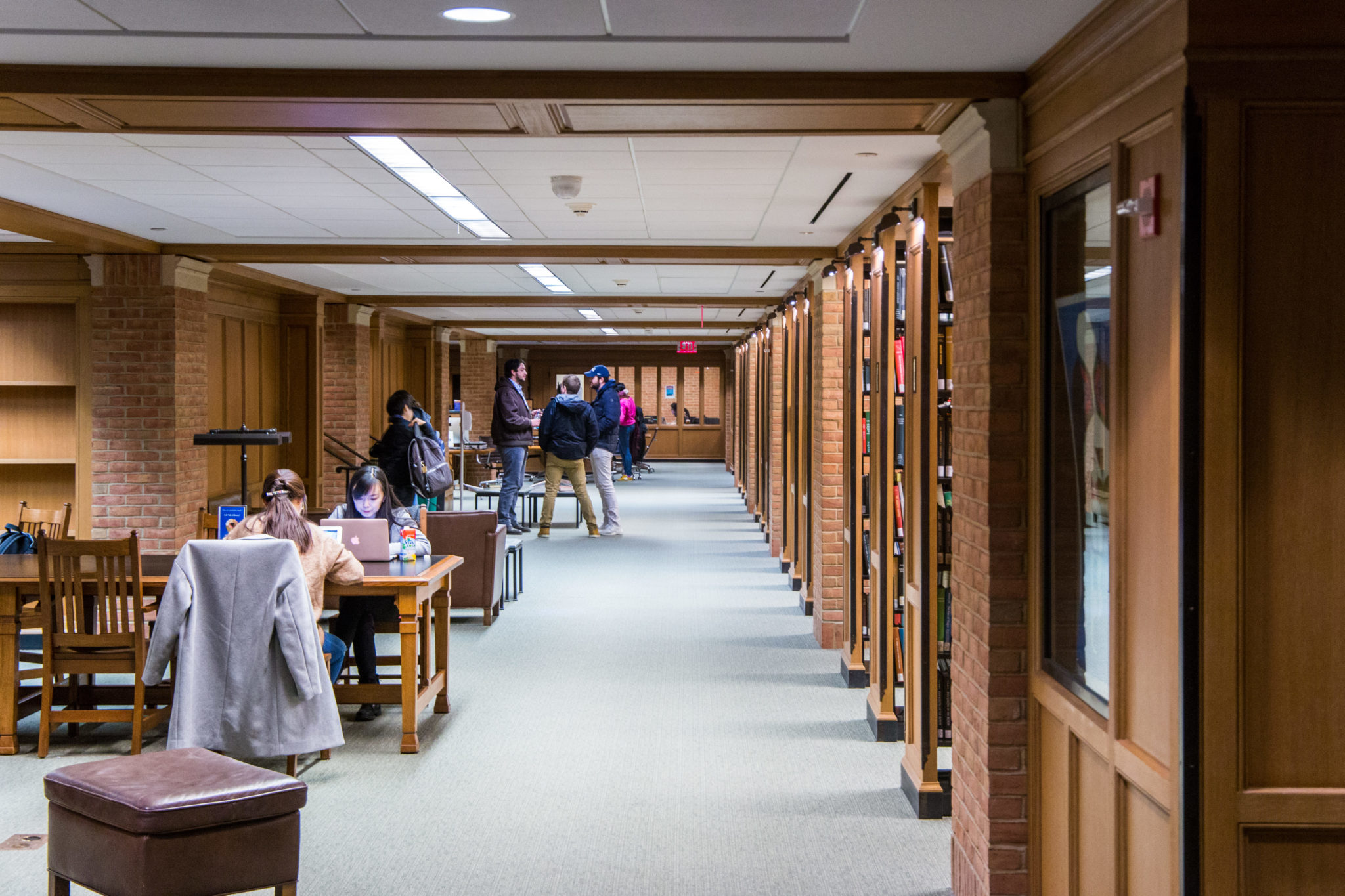
Lucas Holter
The Executive Committee — the Yale College body responsible for ruling on alleged disciplinary infractions — revised its hearing procedures so that students will not have to officially enter a guilty or not guilty plea before a hearing occurs.
The changes, which went into effect this semester, require only one hearing for students facing charges as opposed to the two different types of hearings present in the old system. Under the old system, students would choose whether they wanted to admit responsibility for the charge before any hearings occurred. If they did, they would face a hearing only on the possible penalty, and if they did not, they would have a full hearing in which the committee would determine whether they had broken a rule and assign penalty if necessary. With the reforms, students with charges against them will not need to officially admit guilt or deny charges before facing the committee. Instead, a student will tell their story in one hearing and receive punishment, if necessary.
According to Paul North, chair of the Executive Committee and professor of Germanic Languages and Literatures, the University introduced the changes after a private periodic review at the request of Yale College Dean Marvin Chun. The University had discussed the possible changes for a year and consulted the Yale College Council of Representatives and several faculty members before they were formalized.
“We believe this is fairer to students, since it does not put them in the awkward position of having to judge themselves, before they get to talk out the situation with the committee,” North said.
The Executive Committee’s members hear cases on an alternating basis on matters pertaining to allegations of academic and nonacademic misconduct — including cheating, defiance of authority, property damage and alcohol-related infractions. In addition to the collapse of the two hearings, the committee will also be composed of a set of hearing panels, each featuring three faculty members, three undergraduate members of the committee and one dean from the Yale College Dean’s Office, who votes in case of a tie. According to the ExComm website, there will be seven undergraduate representatives on the full committee, but three students will be involved in every case, even when a student admits to an infraction.
North said the equal ratio between students and faculty members will further ensure undergraduate input on “student justice,” even in cases in which a student admits to an infraction. He added that allowing students to learn how the process works when infractions do happen is of “high educational value” for the student representatives.
One student, who requested anonymity to avoid association with his charges, did not face a hearing from the Executive Committee, but he began the new process after charges were brought up against him.
Still, the charges against him were dropped only after weeks of stress, which he says led him to drop a class and degraded his social life. He added that this experience seems likely for many students who go through Executive Committee practices, specifically those who are innocent but still must face hearings.
“[The changes] could yield a more fair trial, because I feel as having to plead guilty or not with the charges is stressful for some people who may be ill-informed and think if you plead guilty, then they will be nice to you –– which I was advised is not true,” he said.
Yale College Council President Saloni Rao ’20 said she believes the changes will reduce pressure for students facing charges, as they will not have to decide their plea before the hearing.
She noted that some innocent students may have been so stressed that they may have felt intimidated entering an innocent plea, instead of admitting to an offense, just so they would not have to endure the pressure of attempting to prove their innocence.
“[The Executive Committee’s revision is] positive because they don’t have to make that decision independently before consulting with a lot of people in the Yale administration to help them through this process,” Rao said.
In the 2016–17 academic school year, 45 students were charged with academic dishonesty.
Carly Wanna | carly.wanna@yale.edu







